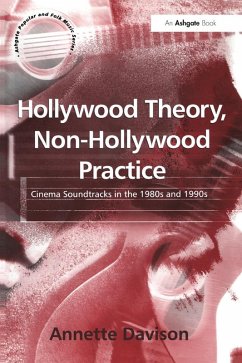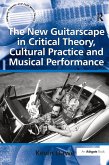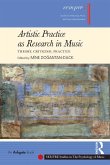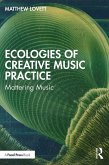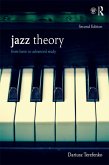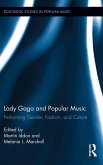Relatively little has been written about film scores and soundtracks outside of Hollywood cinema. Hollywood Theory, Non-Hollywood Practice addresses this gap by looking at the practices of film soundtrack composition for non-Hollywood films made after 1980. Annette Davison argues that since the mid-1970s the model of the classical Hollywood score has functioned as a form of dominant ideology in relation to which alternative scoring and soundtrack practices may assert themselves. The first part of the book explores some of the key theoretical issues and debates in film studies and film music studies. The second part comprises a series of case studies of non-Hollywood scores. Starting with Jean Luc Godard's Pr m: Carmen (1983), Davison argues that the film's score offers a deconstruction of the relationship between sound and image proposed by classical Hollywood film. Derek Jarman's The Garden (1990) takes the debate a step further in its exploration of the possibility that a film's soundtrack may be liberated from slavery to the image track. Wings of Desire (1987) directed by Wim Wenders offers, Davison believes, a negotiation between classical and alternative scoring and soundtrack practices; while David Lynch's Wild at Heart (1990) actually fully integrates scoring and soundtrack practices so that sounds and dialogue are used in musical ways. Seeking to stimulate debate about the aesthetics and interpretation of film scores and soundtracks in general, this book develops an important synthesis of film studies and musicology.
Dieser Download kann aus rechtlichen Gründen nur mit Rechnungsadresse in A, B, BG, CY, CZ, D, DK, EW, E, FIN, F, GR, HR, H, IRL, I, LT, L, LR, M, NL, PL, P, R, S, SLO, SK ausgeliefert werden.

